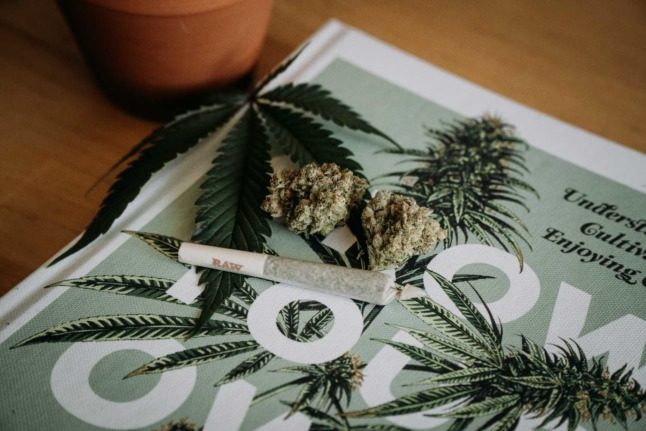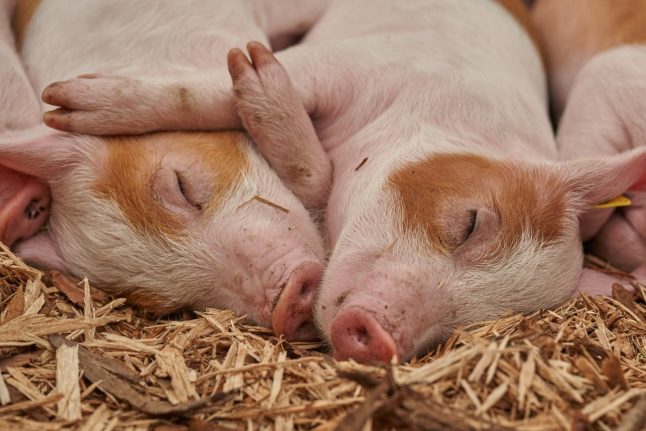As of August 1st, the use of cannabis for medical purposes will be allowed in Switzerland.
Patients who are medically prescribed the drug will no longer need to seek exceptional permission from the health ministry, as was the case prior to August 1st.
Demand for cannabis-based treatments has risen sharply, with the health ministry issuing 3,000 exceptional authorisations in 2019.
The government “intends to facilitate access to cannabis for medical use for patients” and was therefore lifting the ban on its use for that purpose, it said in a statement.
The previous procedure involved “tedious administrative procedures”, said the ministry. “Sick people must be able to access these medicines without excessive bureaucracy.”
As of August 1st, “the decision as to whether a cannabis medicinal product is to be used therapeutically will be made by the doctor together with the patient” the government wrote.
The sale and consumption of cannabis for non-medical purposes will remain prohibited.
READ MORE: Switzerland to lift ban on medical use cannabis
The new regulations could benefit thousands of people suffering from severe chronic pain, it added, including those with cancer and multiple sclerosis.
READ ALSO: Why Basel is about to become Switzerland’s marijuana capital
The law change will also mean that the cultivation, processing, manufacture and trade of cannabis for medical use will be subject to the Swissmedic regulatory authority, just as with other narcotics for medical use such as cocaine, methadone and morphine.
When will Switzerland legalise recreational cannabis?
Currently, small amounts of recreational cannabis are tolerated in Switzerland.
“The decisive factor for classification as a banned drug is how much THC is contained in a cannabis product. If the THC content exceeds one per cent, the product is prohibited. Hashish is prohibited regardless of its THC content.”
As noted by the Swiss government “If you are caught in possession of a small amount of cannabis (no more than 10 grams) for your own consumption, you will not be fined. In addition, if you supply (but do not sell) up to 10 grams to an adult, e.g. when sharing joints, you will not be fined.”
“If you are caught using cannabis, you may be given a fixed penalty fine of 100 francs.”
In June 2020, the National Council approved a plan to start cannabis trials for recreational use.
The experiments are to be carried out in Switzerland’s larger cities. Basel, Bern, Biel, Geneva and Zurich have all expressed interest in conducting the trials.
The study seeks to find out how the market for cannabis works – and how to combat the black market. The social effects of legalisation will also be examined.
At this point, no decisions have been made. However, Swiss authorities have set certain conditions in case recreational use is approved.
The National Council said if cannabis were to be legalised, it must be locally grown in Switzerland – and it must be organic.
Health Minister Alain Berset noted that legalisation should benefit Swiss farmers even though “very few producers have experience in this area”.
READ MORE: Switzerland backs recreational cannabis trials – with one condition
Can you grow your own cannabis?
In truth, a number of people cultivate marijuana plants on their balconies or in their (secluded) gardens for their own personal use.
As it turns out, the law allows it, as long as it is a variety of the plant that does not have a narcotic effect — that is, the THC content must be less than 1 percent.
By the same token, cannabis-based products with THC content of below 1 percent can be brought into Switzerland from abroad.
However, the import rules differ depending on the type of product it is — flowers, seeds, extracts, oils, or other goods.



 Please whitelist us to continue reading.
Please whitelist us to continue reading.
Member comments